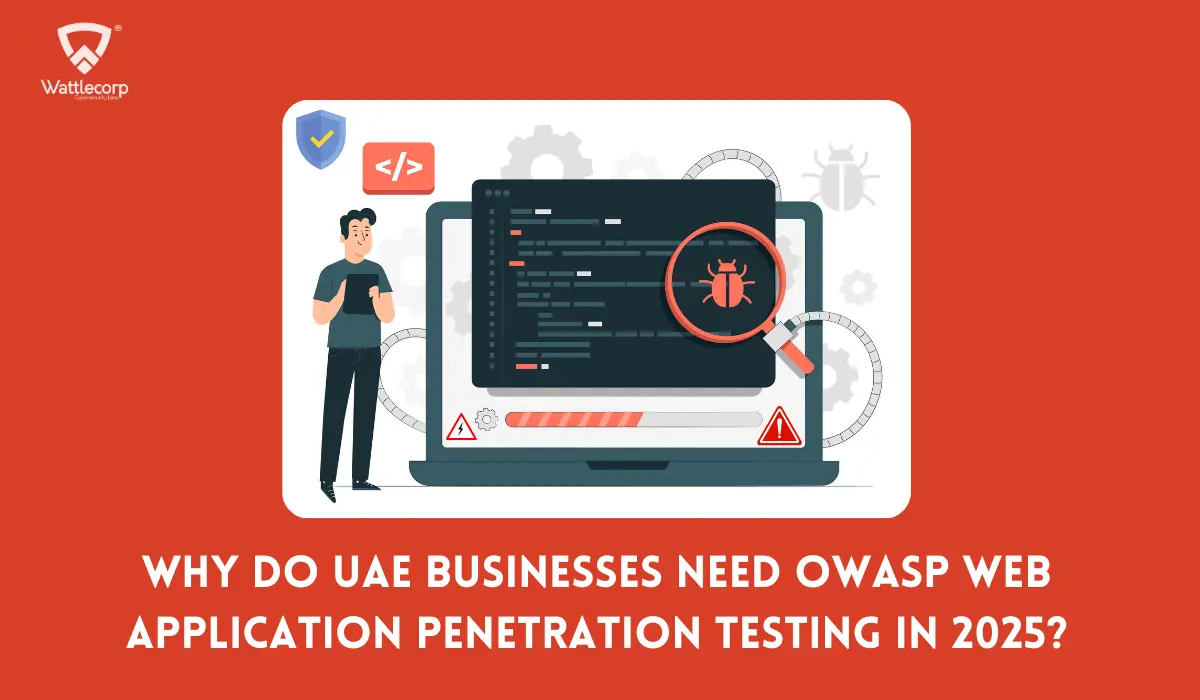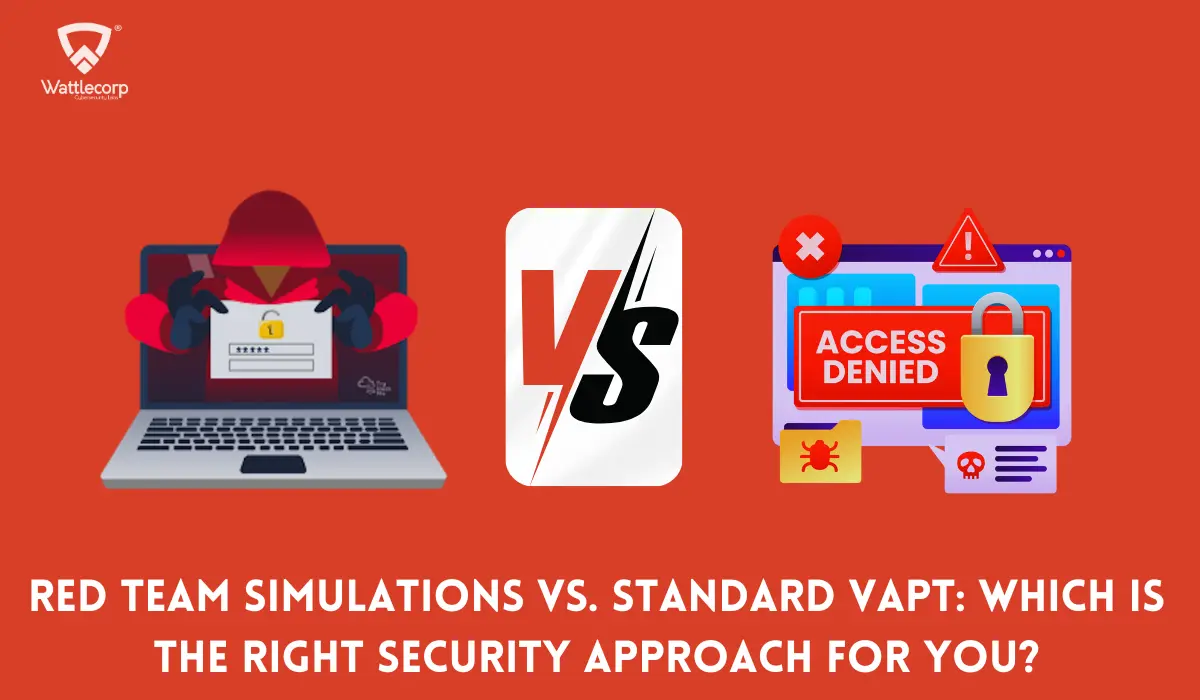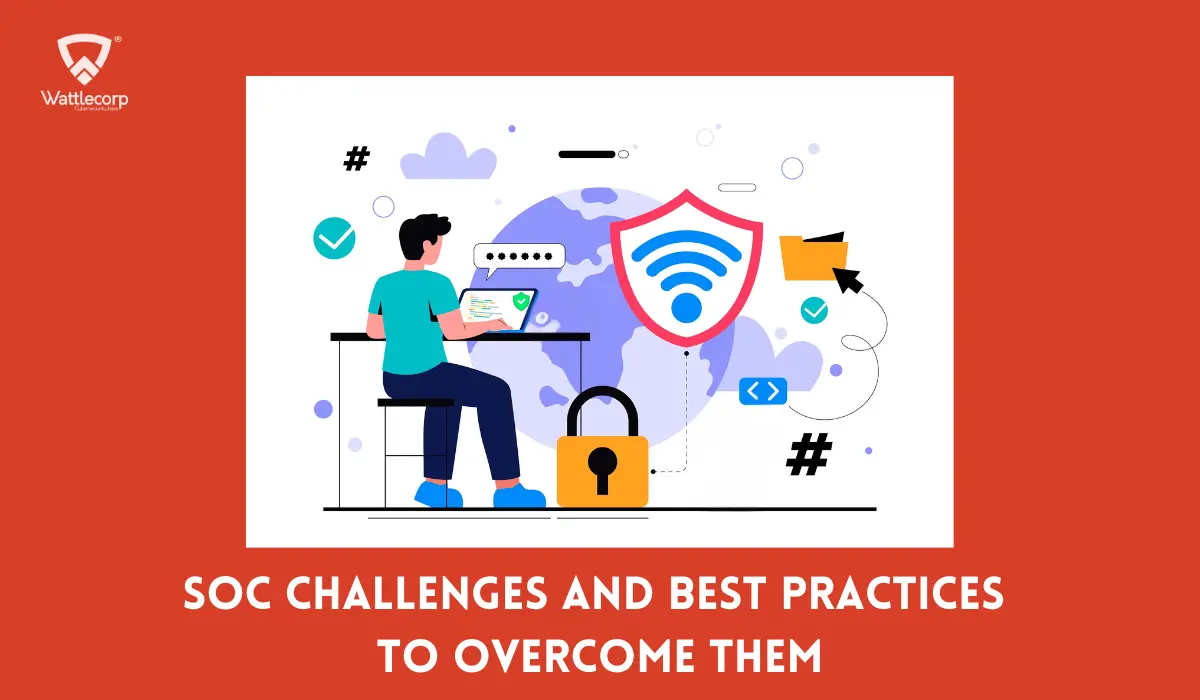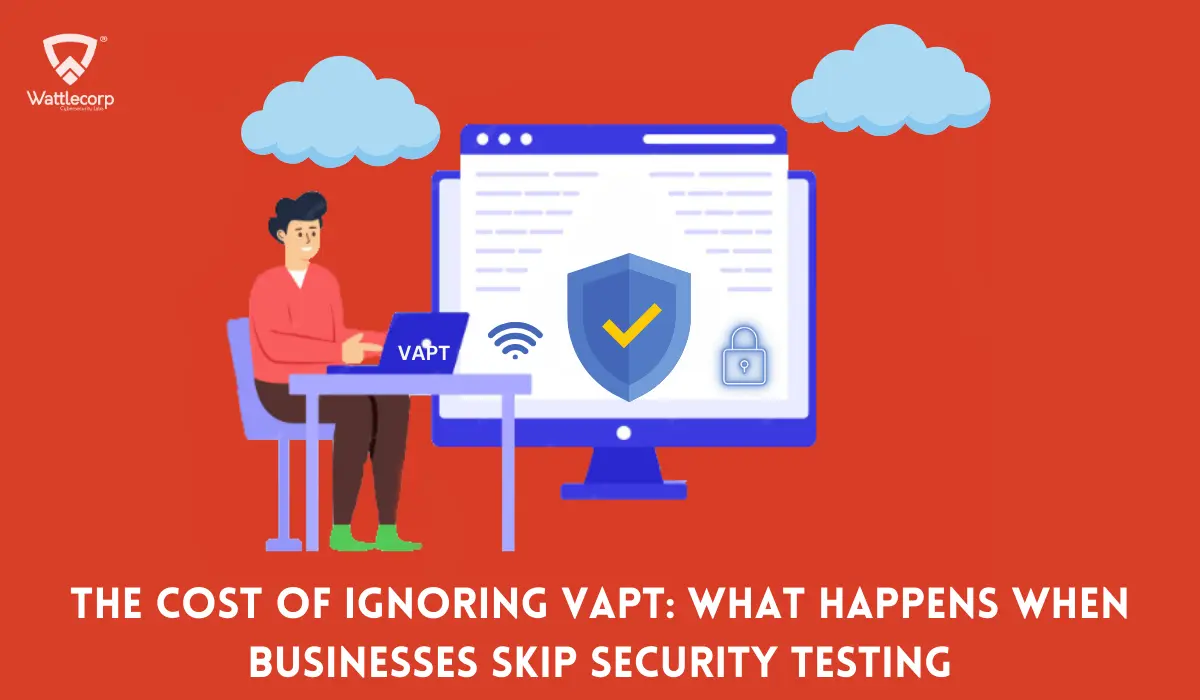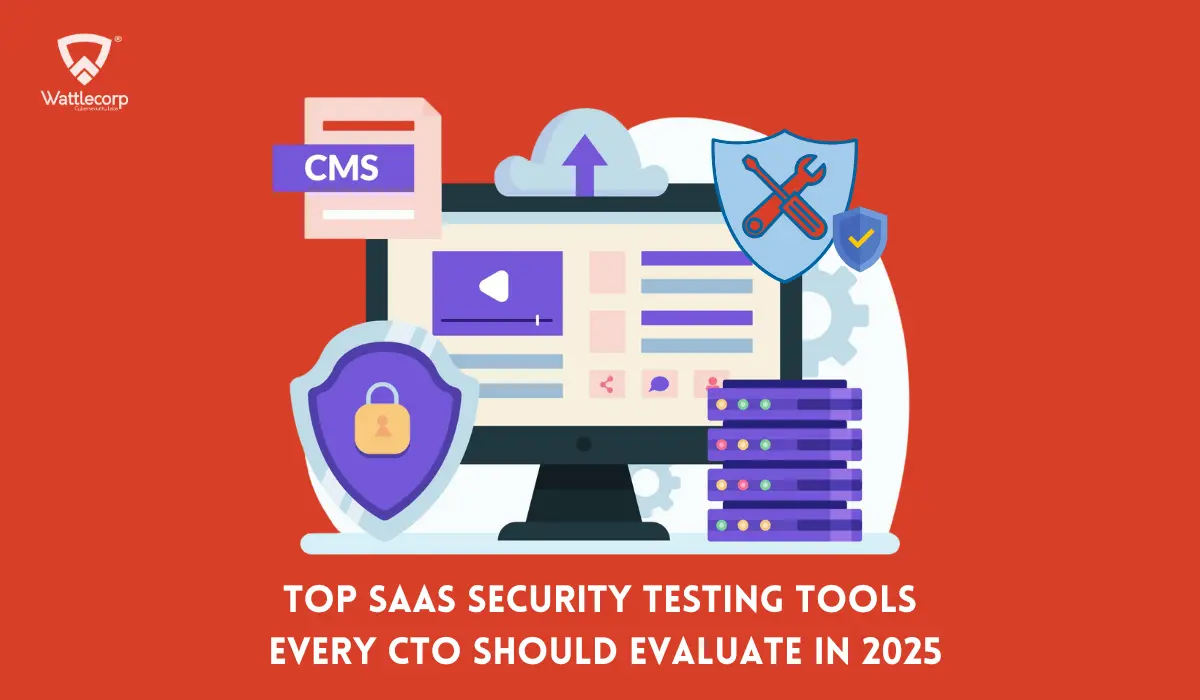A penetration test or pen test, is a planned, simulated attack performed by ethical hackers on the IT infrastructure of a company to evaluate its security and detect vulnerabilities that need to be addressed. Penetration testing benefits include helping to determine if a system is robust and capable of thwarting different types of attacks.
Testers use similar tools and methods as hackers to detect vulnerabilities and demonstrate their impacts on a business. A variety of attacks are simulated for comprehensive testing. Nearly every aspect of a system can be tested if required.
Table of Contents
ToggleWhat Are Cyber Threats?
A cybersecurity threat or cyber threat, by definition, is an act by a malicious entity that intends to steal or damage data or disrupt the digital life of an organization. These could be in the form of computer viruses, data breaches, DoS, denial of service, and others. Phishing, ransomware, malware, Trojans, wiper attacks, and spyware are all examples.

Cyberthreats can also mean that there is a threat of cyberattacks that are aimed at unauthorized access, disruption, damage, or theft of sensitive data like IT assets, computer networks, or intellectual property. Cyber threats can be internal or external—from trusted users within an organization or from unknown entities remotely. External entities can include terror organizations, hostile nation-states, corporate spies, organized crime syndicates, activists, and accidental actions by unauthorized users.
Top 7 Cyberthreats In 2024
These are the types of cyberattacks that were most commonly experienced in 2023 and 2024.

1. Social Engineering
A dangerous online threat is used by cybercriminals to access sensitive information by exploiting human emotions. Phishing and pretext calls fall into this category. Experts estimate that over 3/4ths of cyberattacks start with emails that are designed to look like they are from trusted sources.
2. Third-party Exposure
being connected to third-party systems often gives rise to vulnerabilities that are exploited by hackers. One of the major benefits of penetration testing is that it can help verify the authenticity of third-party vendors and partners.
3. Configuration Errors
misconfigured systems are a playground for cybercriminals, exposing sensitive data or offering them gateways to enter. Such errors lead to unauthorized access to valuable data. Uncovering these errors is a major business benefit of penetration testing.
4. Poor Cyber Hygiene
This means the practices and behaviors adopted by organizations and individuals to ensure the security of their IT environment. Multifactor authentication, enforcing strong passwords, prompt system patching, etc. are some examples of these practices.
5. Cloud Vulnerabilities
While the cloud offers greater scaling and efficiency, it throws up specific security challenges. In 2023, nearly 39% of businesses experienced some kind of breach in their cloud environment. The main cloud penetration testing benefits are that they help detect and patch such vulnerabilities.
6. Ransomware
It is simply extortion in digital form and is becoming more sophisticated and dangerous, paralyzing businesses and shutting down critical systems. You must have strong backup systems in place and provide adequate training to employees. In 2023, over 70% of businesses globally were hit by ransomware, costing billions of dollars; the majority of these businesses were subjected to second-wave attacks too.
7. Improper Data Management
By not managing data correctly, your organization can be vulnerable to not only data breaches but compliance issues as well. Millions of terabytes of data are generated every day, but over 50% of it lies unused, leading to confusion and giving rise to cyber-attack risks. Encrypting data, controlling access, conducting regular data audits and external penetration testing can help mitigate the risk.
Real-Life Cyberattacks Of 2023

- The Royal Mail, the postal service of the UK, was subjected to ransomware in January 2023, which paused international deliveries and led to a loss of over 12 million USD.
- More than 37 million customers of T-Mobile had their sensitive information stolen in a series of attacks, leaving even more people vulnerable to follow-up fraud attempts
- Oakland City administration was attacked with ransomware and hackers stole a decade’s worth of sensitive data about government employees, especially those in police and other sensitive roles
- A zero-day vulnerability in MOVEit, a popular file transfer software, was exploited, impacting hundreds of organizations, including healthcare, and leading to a cascade of attacks later
- Chinese cyber-espionage campaign stole sensitive information of US government employees in May 2023
- MGM Resorts International was subjected to a ransomware attack that shut down critical parts of its business for hours
- KNP Logistics Group of the UK had to lay off over 700 employees in September 2023 because of a ransomware attack earlier
How Penetration Testing Can Help In Preventing Cyberattacks?
Security breaches are becoming more intense and frequent, and organizations must have the means to withstand them. Several data security regulations, like HIPAA and PCI DSS, have made it mandatory to conduct penetration testing to stay in compliance with updated regulations. Here are the key Penetration testing benefits:
- Detects gaps in upstream assurance practices and vulnerability assessment activities
- Identifies visible and hidden flaws in software and security vulnerabilities, including minor ones that have the potential to cause substantial harm in a complex attack
- Mimic the most malicious cyberattacks to identify the impacts on the business in the event of an actual attack
- Assists in implementing security patches swiftly
The Best Pentesting Approach For Businesses
There are different types of penetration testing
- External testing to target the company’s website, web app, email, DNS, etc.—visible assets on the net—to access and steam sensitive data
- Internal penetration testing is conducted to simulate the malicious act of an insider; it could also be an external agent using the stolen credentials of an employee
- Bling testing, where the tester only knows the enterprise name, provides real-time visibility into how a real-world attack would happen
- Double-blind testing is where the security personnel are unaware of the planned attack and have no time to get their defenses up
- Targeted testing is where testers and security teams collaborate, providing the team with real-time feedback from the POV of hackers.
The best approach depends on the individual organization, the purpose of conducting the test, the resources available, and the complexity of the IT environment. Combining two or more methods often offers the best penetration testing benefits.
Common Misconceptions About The Penetration Testing

1. Pentesting is the same as vulnerability assessment
A vulnerability assessment merely detects and categorizes weak links. Pentesting simulates cyberattacks to exploit these chinks to demonstrate the potential business impacts.
2. Pen testing Can be Completed in Days
The duration depends on the network complexities, the depth of the analysis, and the test scope. Thorough testing with simulated attacks can have several stages and may take months.
3. One Test to Fit Them All
It’s a tailor-made approach based on the specifics of each organization – their infrastructure, requirements, purpose, etc. The cybersecurity team at Wattlecorp can help you figure it out.
4. Fully automated pen testing is sufficient
Automated tools can identify known vulnerabilities but are not guided and can cause some harm. Manual penetration testing is a sophisticated process, and it adapts to the situation. Testers use their intuition and creativity to detect complex vulnerabilities that may be overlooked by tools.
5. It’s too expensive
The potential impacts of cyberattacks far outweigh the cost of pen testing. Data breaches can cause loss of reputation and legal and financial penalties.
6. Annual tests are not required
Cyber threats are evolving and increasing in severity, which means you need to conduct pen testing annually to mitigate those risks. They should also be conducted when you make major changes to your systems to ensure security from the outset.
The Future Of Pentesting
The real-life incidents mentioned in the blog have shown how even big corporations or small businesses are not immune to these attacks, and how much loss of revenue they potentially face.
We have already seen the benefits of vulnerability penetration testing above and how major cyber threats can be mitigated. As cybercriminals continue to become more sophisticated, the need for regular pen testing can only be expected to increase. Services like Web App Penetration Testing play a vital role in identifying and addressing these evolving challenges effectively.
The advantages of security testing extend not only to detecting security vulnerabilities and implementing patches but also to staying in compliance with regulations.
Wattlecorp is a cybersecurity and penetration testing service provider that can help you secure your IT assets and ensure compliance with regulatory requirements for penetration testing as specified by HIPAA, NESA, ADHICS, GDPR, and more. Protect the sensitive information of your employees and customers, and your reputation with reliable, effective, and affordable penetration testing services from Wattlecorp.
Penetration Testing Saves Companies FAQs
Q: How can pen testing improve my company’s security posture?
Pen testing can help detect security vulnerabilities and fix them with patches before they become major problems.
Q: How does pen testing help with compliance?
Many regulations, like HIPAA, require that organizations conduct penetration testing annually and/or when any major changes are made to the IT systems so that the sensitive data of customers is safeguarded
Q: How can pen testing protect my company’s reputation?
Penetration testing detects vulnerabilities in time, ensuring that your organization is protected from major malware attacks and data breaches. This helps protect the sensitive information of your employees and customers and shows that you are serious about data security.


